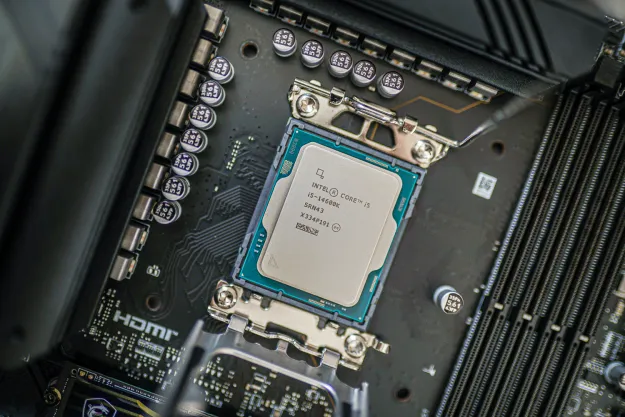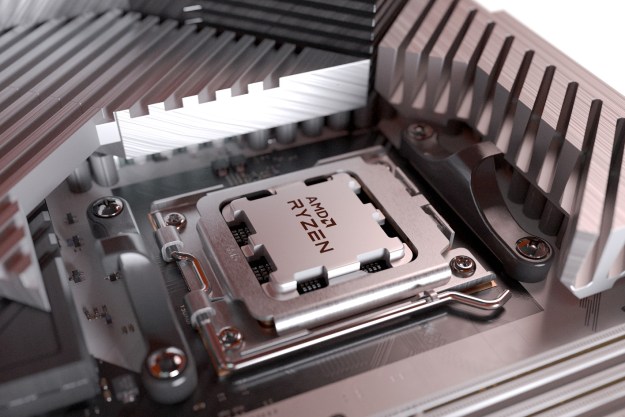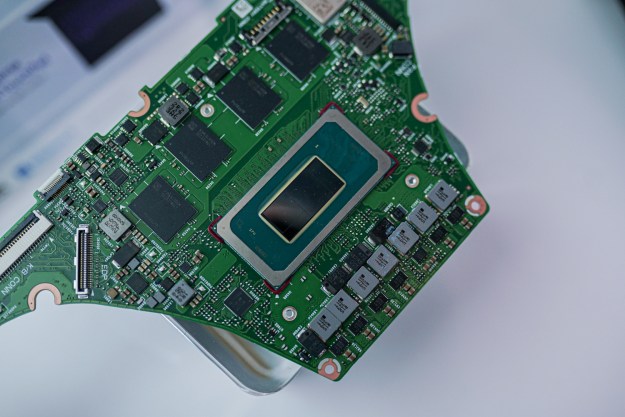While some of Intel’s eighth-generation Core processors have already hit the market, there is still a sizable number we are waiting to see hit store shelves, and now we have some idea of what they might cost. According to Tech Report, a number of online retailers have posted product pages for upcoming eighth-generation Core i3, i5, and i7 chips in addition to lower-end Celeron and Pentium chips.
First up, according to these leaks, the i3-8100 will retail for around $117, and feature four cores and four threads, with a base clock of 3.6GHz. The i3-8300 is listed at $135, with four cores and four threads, and a base clock of 3.7GHz. Last but not least, the unlocked i3-8350K will reportedly retail for $180, feature four cores and four threads, and a base clock of 4.0GHz.
The eighth-generation i5 lineup is a bit more expensive and, according to these listings, will feature six cores and six threads and no hyperthreading. The Core i5-8400 is listed at $190, with a base clock of 2.8GHz, the Core i5-8500 is listed at $180, with a base clock of 3.0GHz, the Core i5-8600 is listed at $208 with a base clock of 3.1GHz, and the unlocked Core i5-8600K is listed at $250 with a base clock of 3.6GHz.
Finally, the upcoming Core i7 models, the Core i7-8700 with a base clock of 3.2GHz and the i7-8700K with a base clock of 3.7GHz, are listed at $310 and $370, respectively. Unlike the lower-end i3 and i5 models, these i7 processors both feature hyperthreading, with six cores and 12 threads.
It is important to take these leaks and price estimates with a grain of salt; it’s likely these retailers jumped the gun and these figures might not reflect exactly how other retailers might price these same items. Though it is interesting to see that Intel is abandoning hyperthreading for its mid-range models in favor of loading them up with more cores. It remains to be seen how PC builders will respond to the change, whether they will stick with seventh-generation models and keep the hyperthreading, or if they will jump ship to the new models with more physical cores.
Editors' Recommendations
- Everything we know about Lunar Lake, Intel’s big next-generation chips
- It just became the perfect time to buy a last-gen Intel CPU
- The only Intel CPU you should buy is over a year old
- Reviewers agree: Intel’s latest chip is truly ridiculous
- Intel just launched the ‘world’s fastest’ CPU


